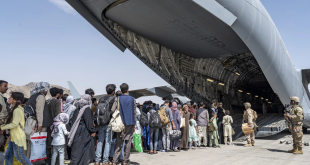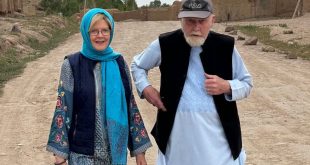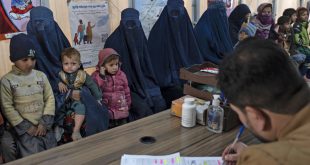While Afghanistan has been bedeviled by uncertainty due to political wrangling and the long-drawn-out peace process, a recent World Bank report warned against tough times in 2020 in terms of economic resilience. The World Bank cautioned Afghanistan against an upward trend of poverty and sought acceleration of reforms to steer economic growth and curb poverty. There is also concern about foreign donors reducing the amount of their aid, which reportedly constitutes 75 percent of Afghanistan’s public expenditures, in considerable scales. On top of all this, according to the Independent Administrative Reform and Civil Service Commission (IARCSC), thousands of government posts remain vacant across the country. It is something that directly leads to high youth unemployment and thus such high-skilled young people leave the country. All of this youth employment crisis, in turn, culminates in serious consequences and negative impacts on economic growth and productivity – something that shouldn’t be ignored and overlooked. Luckily, approximately 63 percent of the Afghan population (27.5 million Afghans) is below 25 years of age, meaning the country is blessed with a potent young force that could be utilized for the country’s welfare. But, unfortunately, as public sector vacancies remain unfilled, the unemployed youth have no choice but to migrate at the expense of serious costs to the country – such as the subsequent shortage of human resources. Based on IACSC figures, at least 421 government posts are vacant in Paktia province alone. One reason for this is the lack of transparency in filling government positions. Most problems in this regard are said to arise during evaluations of imaginary workers, who are assessed positively. Such a situation’s obvious consequence is that the government offices usually underperform due to a shortage of workers as key posts remain vacant. Paktia’s is just a case in point, there are thousands of other vacant posts in government organizations that need to be filled. Meanwhile, there is also the issue of many of these posts being run by ghost workers. Therefore, the government should pay serious heed in this regard and put an end to joblessness by filling the vacant positions. Otherwise, the youth holding bachelor’s and master’s degrees would continue to be forced to go to foreign countries through smuggling routes at a time when there are thousands of government posts vacant. Moreover, if Afghanistan has to deal with economic difficulties against the backdrop of potential dwindling of foreign aid, the plight of vacant posts and unemployment must be taken seriously. Strongly addressing this issue would contribute to Afghanistan’s self-sufficiency and would also lead to Afghans’ economic welfare and reduction of poverty.

 Afghanistan Times
Afghanistan Times



